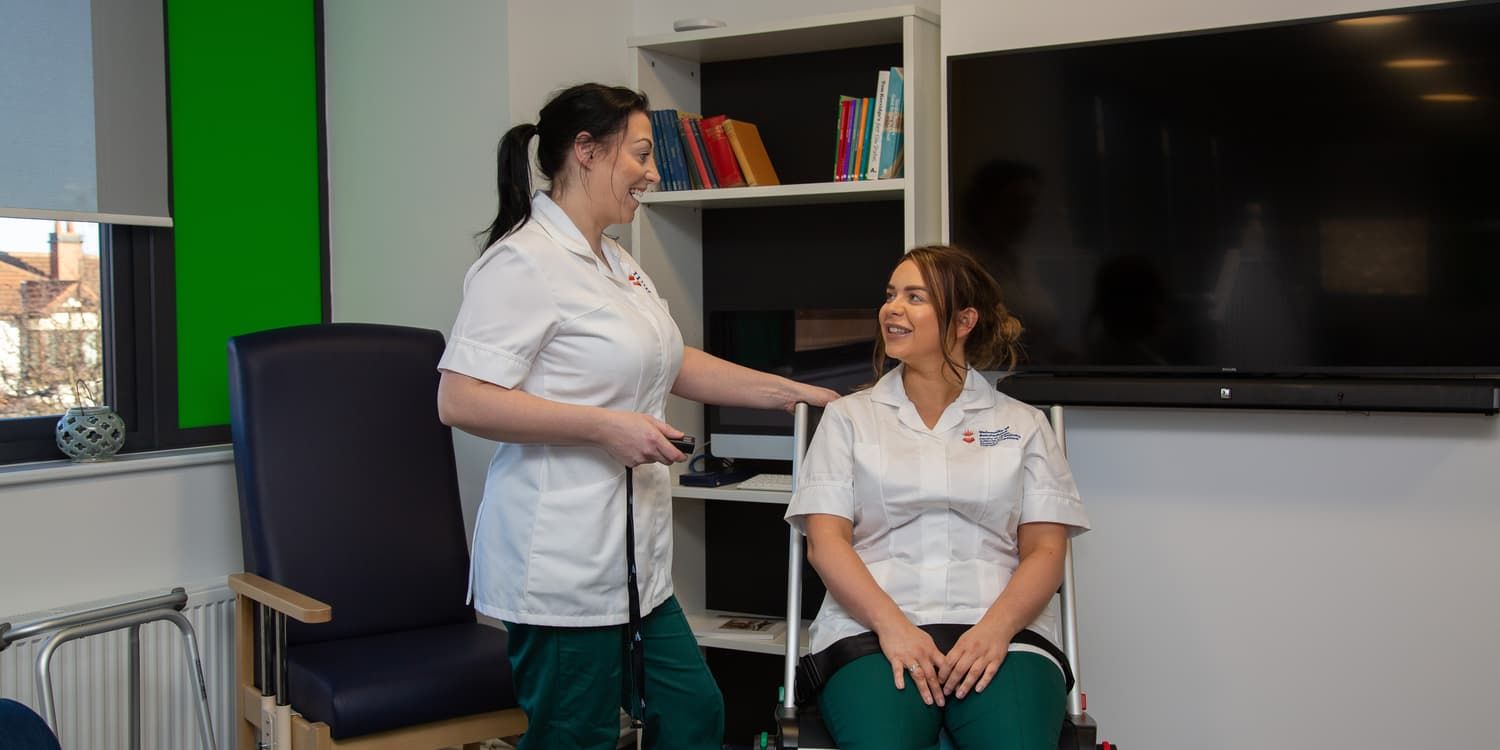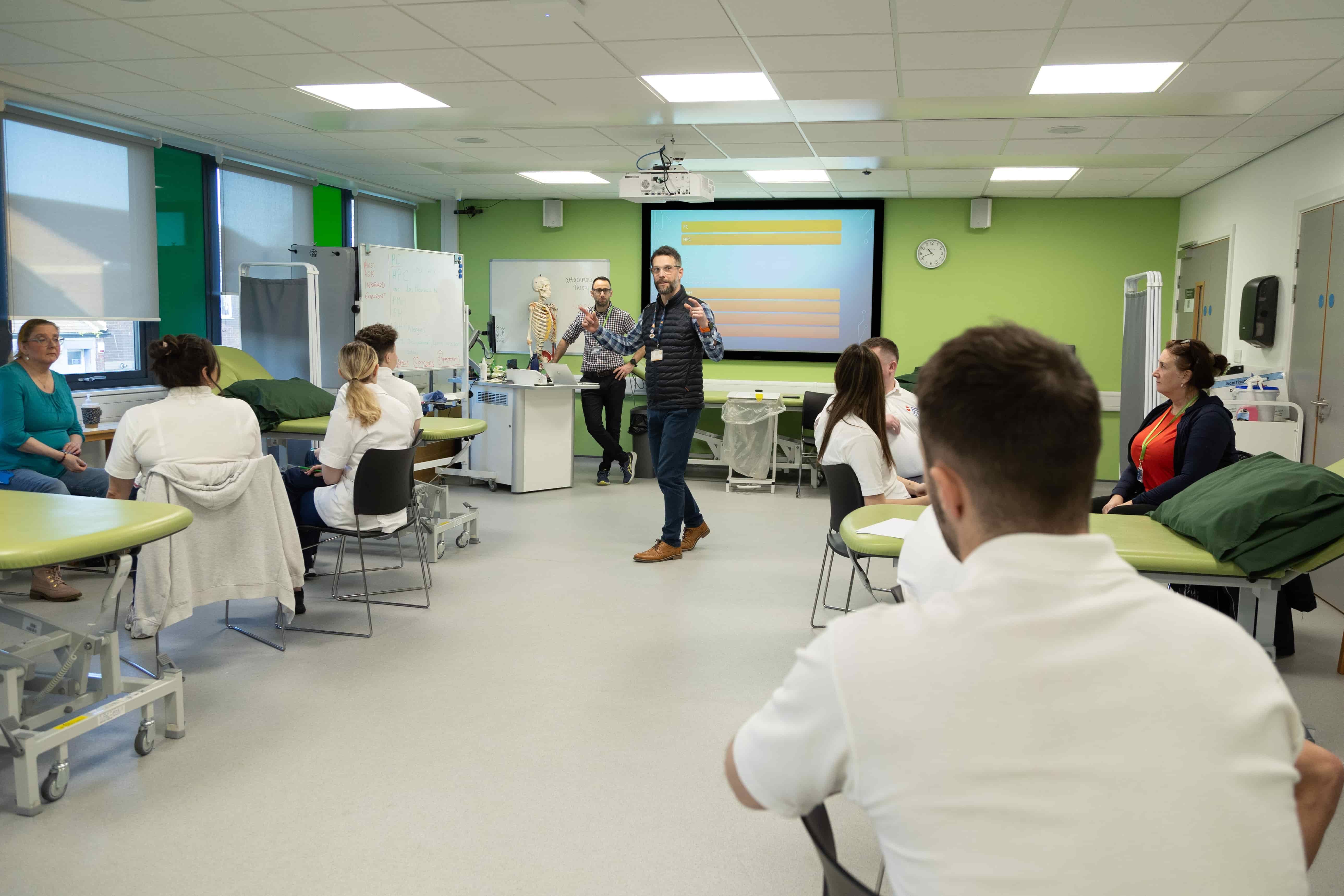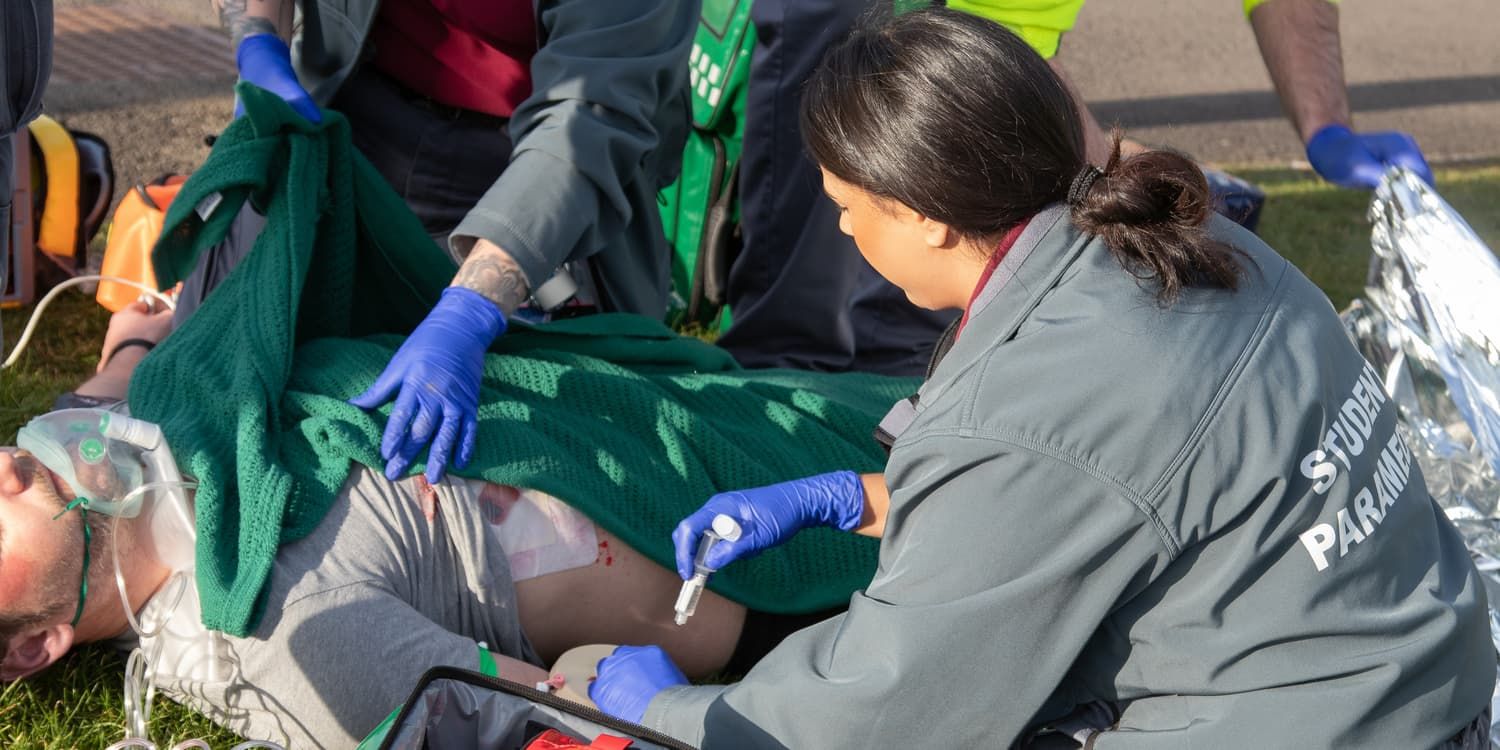For all undergraduate Allied Health Professions and Public Health courses, you will be required to undertake a placement.
Placements are a great opportunity for you to develop your skills as well as gain key insight into your chosen future profession. Placements help our student learners to transition into a professional working environment, supplementing the taught elements of your academic programme. At all levels of your chosen course, you will undertake unpaid clinical placements in both hospitals and the wider community.
Our placements are varied and aim to ensure you experience a variety of healthcare areas. While you are on placement, you are encouraged to be proactive in engaging with your placement team, undertaking the roles assigned to you with diligence and a commitment to always do your best.
Placements are allocated at least four weeks prior to the beginning of the placement but are often allocated sooner. All placements are managed through a Placement Electronic Platform, known as ARC. This platform contains all the information about placements, feedback forms, information about the placement area as well as profiles and contact details for the area staff and management. You can also access your timesheets via ARC. You can access ARC from a computer or laptop.
You do not need to worry about finding your own placement. This is done for you by our placements tutor. You will be involved in this process from week one at the university and throughout the programme you will have discussions about placement options and interests.
For Paramedic Sciences, the Northeast Ambulance Service NHS Foundation Trust are allocated within a 25-mile radius of registered home address. There are no mileage limits on other placements.
We have a wide range of settings for your placement. We have placements as far North as Northumberland and as far south as North Yorkshire. We try to consider personal circumstances when we allocate placements so we will look at your mode of transport and where you live as well as whether you have any additional responsibilities outside of university.
Some placements will require the ability to travel, and some placements cover large geographical areas which must be considered as we cannot promise placements close to home. Some community placements are restricted to car drivers and business insurance is required.
It is important to note that your placement may include a range of shift patterns and night duty. During placement, students will follow the usual shift patterns of the placement provider, and this is non-negotiable.
A driving licence is not a mandatory requirement, but you will be expected to travel to placements and shift patterns may not always fit with the availability of public transport. Where possible we do try to arrange placements near to term-time addresses. We strongly encourage you to try to gain a full driving licence by the end of the course to enhance your job opportunities and employability.



